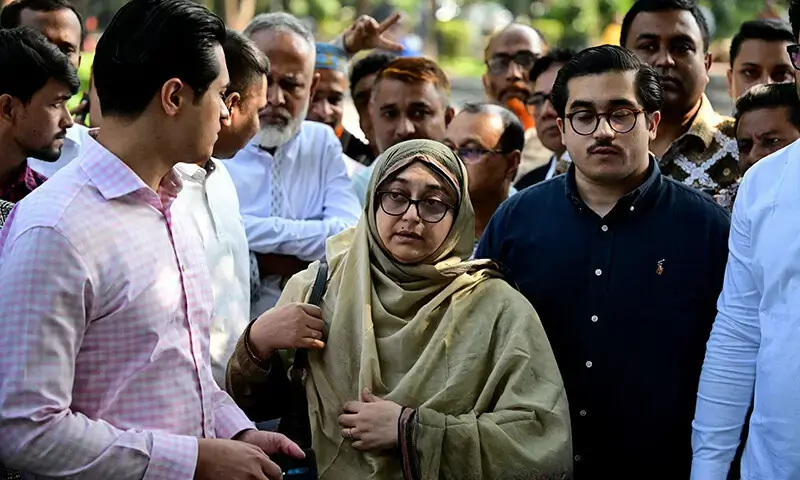Key Figure Tarique Rahman Cleared of Charges in 2004 Grenade Attack
In a landmark decision, the High Court in Dhaka on Sunday overturned the conviction of Tarique Rahman, son of former Bangladeshi Prime Minister Khaleda Zia, in connection with the 2004 grenade attack targeting then-opposition leader Sheikh Hasina. The ruling also nullified guilty verdicts against 48 other individuals, citing procedural flaws during the original trial.
Background: The 2004 Grenade Attack That Shook Bangladesh
The grenade attack occurred on August 21, 2004, during a political rally of Hasina’s Awami League party in Dhaka. As Hasina finished addressing the crowd, explosions ripped through the area, leaving over two dozen people dead and hundreds injured. The attack, widely condemned, marked a dark chapter in the nation’s political history.
At the time, Khaleda Zia, leader of the Bangladesh Nationalist Party (BNP) and a fierce rival of Hasina, was in power. Critics alleged that Zia’s administration interfered in the investigation, complicating efforts to bring the perpetrators to justice.
Court’s Decision: Procedural Flaws Highlighted in 2004 Grenade Attack Case
The High Court’s ruling pointed to significant irregularities in the trial conducted by a lower court, including allegations that confessions were forcibly extracted from the accused. According to defence lawyer S.M. Shahjahan, none of the 225 state witnesses testified to seeing the accused participate in the attack or any related conspiracy.
Shishir Monir, another member of the defence team, highlighted claims of coercion, stating that suspects were detained for extended periods and pressured into implicating BNP leaders.
“The state should have sought out the real perpetrators instead of targeting political opponents,”
Monir said.
BNP Denies Involvement; Awami League Alleges Interference in 2004 Grenade Attack Case
The BNP has consistently denied involvement in the attack, accusing Sheikh Hasina’s government of using the case as a political weapon against opponents. The Awami League, meanwhile, has pointed fingers at BNP leaders, asserting their involvement in orchestrating the attack to undermine political opposition.
Victims’ Families Demand Justice for 2004 Grenade Attack
Rafiqul Islam, a key witness in the case, expressed disappointment over the verdict.
“I saw body parts strewn on the street that day,” he recalled. “The court has acquitted everyone, but the victims and their families still deserve justice.”
Political Implications and Tarique Rahman’s Return After 2004 Grenade Attack Verdict
Tarique Rahman, who has lived in exile in London for over 15 years, is seen as the de facto leader of the BNP, with his mother Khaleda Zia ailing and out of active politics. Rahman’s acquittal is expected to pave the way for his eventual return to Bangladesh, where he could formally lead the BNP in its opposition to Sheikh Hasina’s government.
What Lies Ahead for the 2004 Grenade Attack Case?
The High Court’s ruling has reignited debates about justice and accountability in Bangladesh’s fraught political landscape. While victims’ families demand closure, the acquittal raises broader questions about the impartiality and effectiveness of the nation’s judicial system in politically charged cases.

